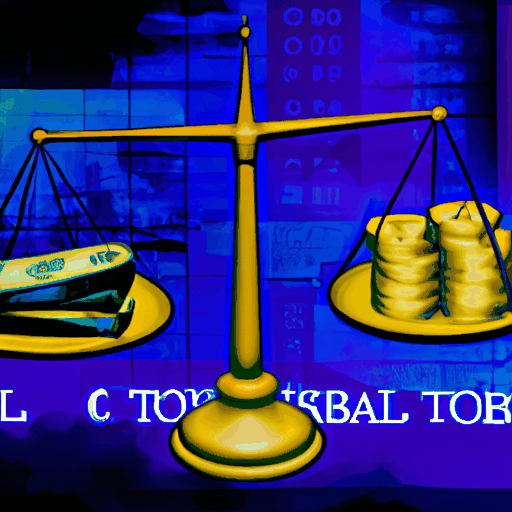
SEC Clarifies Stablecoin Regulations: Stablecoins Not Securities
By: Eliza Bennet
The United States Securities and Exchange Commission (SEC) has recently provided a definitive stance on the classification of stablecoins within federal securities law, stipulating that those backed by cash or cash-equivalent reserves and redeemable on a one-to-one basis for U.S. dollars are not deemed securities. This clarification aims to reduce the regulatory uncertainty that has long surrounded stablecoin issuers and crypto payment providers. The SEC's Division of Corporation Finance outlined these legal perspectives in a public statement as part of its effort to clarify the nature of "Covered Stablecoins." These digital tokens, designed to maintain price stability with fully reserved dollar holdings, are primarily utilized in payments, money transmission, and value storage rather than serving as investment products.
Stablecoins, therefore, do not grant interest, profits, governance rights, or ownership claims to holders, reinforcing their classification under commercial transaction instruments rather than investment contracts. The SEC based its conclusions on two pivotal legal standards: the Reves v. Ernst & Young test and the Howey test, whereby stablecoins are considered tools for consumer transactions, devoid of investment motivation or profit expectations. This distinction marks a significant step in regulatory clarity for stablecoin issuers operating in an evolving financial landscape.
Additionally, the SEC's criteria for "Covered Stablecoins" require these tokens to be redeemable for U.S. dollars at a consistent price and without restrictions on quantity. Issuers must sustain a reserve fully backed by cash or low-risk assets like U.S. Treasury bills. These reserves should be secure from third-party claims and not utilized for the issuer's business operations. To further assure solvency and transparency, some issuers might need to produce proof-of-reserve attestations. Notably, stablecoin trading in secondary markets is often stabilized through arbitrage mechanisms, ensuring price consistency with the U.S. dollar peg.
Despite the assertive stance on stablecoins, the SEC retained questions regarding yield-bearing tokens, noting that while issuers could earn interest on reserve assets, these gains are not extended to holders. The assertion that any tokens promising returns or profit-sharing could still fall under securities law underscores a careful delineation between fiat-backed utility tokens and investment-oriented products. As it stands, the current announcement represents a vital milestone in clarifying the regulatory framework for stablecoins, leaving room for further legal scrutiny of other stablecoin variants like algorithmic and uncollateralized types.



